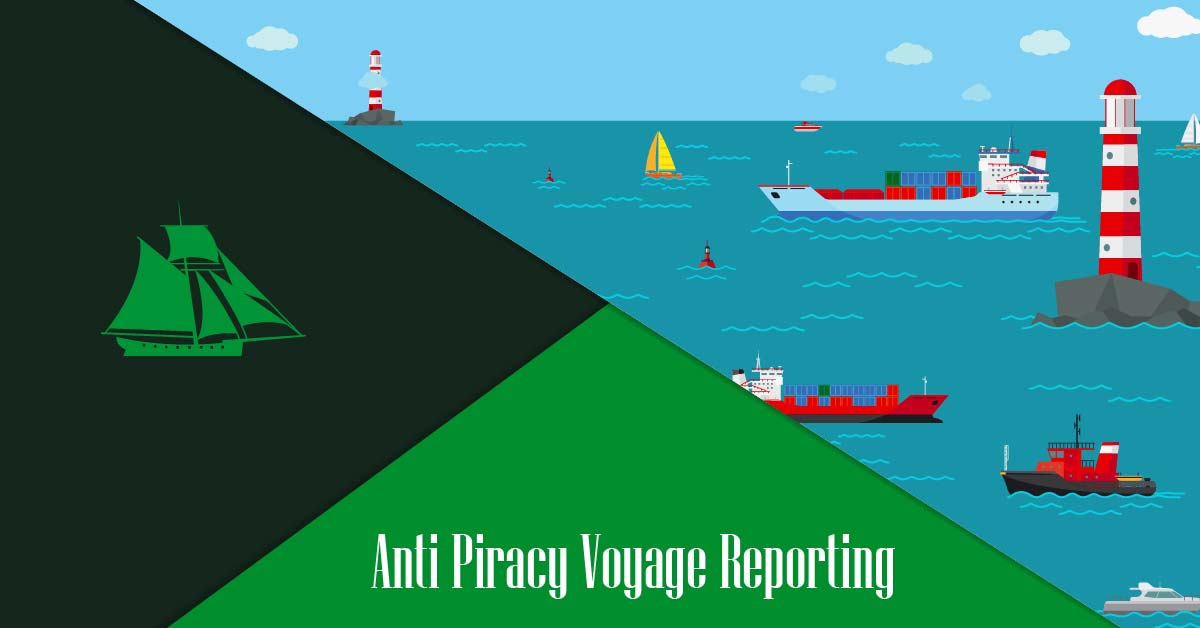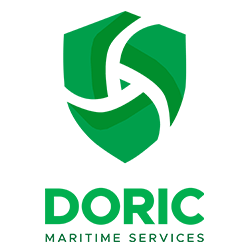Anti Piracy Voyage Reporting is a system where shipping companies can report their voyages through piracy-prone areas to a central organization. You can usually get this service from any reputed maritime security company. They share the information with relevant authorities to help improve the coordination of anti-piracy measures.
The purpose of this is to enhance the safety and security of vessels, crew, and cargo and to prevent or deter acts of piracy and armed robbery against ships.
This is just the beginning. Are you willing to learn more about this system? Keep reading to learn everything about this service.
Table of Contents
Importance of Anti-Piracy Voyage Reporting
Now come to the benefits of this service. Below, I’ve added the importance of a quality anti-piracy service.
- Safety of Crew: First, reporting anti-piracy voyages provides information about potential safety hazards for crew members and ships.
- Deterrent Effect: Next, reporting voyages can have a deterrent effect on piracy activities by providing evidence of increased vigilance and action against piracy.
- Better Allocation of Resources: By reporting anti-piracy voyages, relevant authorities can get a better understanding of the situation at sea and allocate resources more effectively to combat piracy.
- Compliance with Regulations: Some regulations require shipping companies to report their anti-piracy voyages, and non-compliance can result in penalties.
- Data Collection: Anti-piracy voyage reporting helps to collect data and intelligence. And it can be used to improve understanding of the piracy threat and develop countermeasures.
- International Cooperation: Reporting anti-piracy voyages fosters international cooperation between countries, shipping companies, and relevant authorities to combat piracy.
Purpose of Anti-Piracy Voyage Reporting
This time you’ll be learning about the purpose of anti-piracy voyage reporting.
- First, it is used to deter and prevent pirate attacks on ships. It also protects the lives and property of those on board
- It’ll improve safety and security in high-risk areas.
- Anti-piracy voyage reporting increases situational awareness and provides up-to-date information to ships’ operators, masters, and crew
- Moreover, it supports intelligence gathering and analysis for the purpose of improving anti-piracy measures
- Anti-piracy voyage reporting shares information with relevant authorities and organizations, such as the government, coast guard, navy, and other international partners, to coordinate and enhance their anti-piracy efforts
- Finally, to monitor and assess the effectiveness of anti-piracy measures and make necessary adjustments to improve their efficacy.
Types of Anti-Piracy Voyage Reporting
Now you may be interested in different types of anti-piracy voyage reporting. Well, there are several types of anti-piracy voyage reporting. Below, I’ll discuss them in short.
Best Management Practices (BMP) reporting: First, let’s learn about BMP reporting. It is a standardized report that provides recommendations on how to prevent pirate attacks during voyages.
Situation reports (SITREPS): This is another type that provinces real-time reports on pirate activity in a specific area.
Intelligence reporting: Reports that provide in-depth analysis and intelligence on pirate groups and their tactics, techniques, and procedures (TTPs).
Vessel/Crew incident reporting: Reports on any incidents involving a vessel or crew that could potentially be related to piracy.
Threat assessment reporting: It is a type of reporting that evaluates the threat level of piracy in a specific area, based on available intelligence and other factors.
Consequence management reporting: This is the last type and it reports on the actions taken by a ship or company in response to a piracy incident, including any financial losses, injuries, or deaths.
Process of Anti-Piracy Voyage Reporting
Now let’s learn about the process of anti-piracy voyage reporting.
- Gathering information: The main task here is gathering information. It includes collecting data such as the location, type, and severity of the piracy incident, as well as any other relevant details.
- Reporting the incident: This involves contacting the relevant authorities. It can be the coast guard or the maritime security center and provide them with the information gathered in step 1.
- Following up: This is another crucial thing. Here the purpose is to stay in contact with the authorities to ensure that the report is being acted upon and to provide additional information if needed.
- Documenting the incident: This involves maintaining a record of the incident and the steps taken to resolve it.
It’s important to note that the exact process may vary depending on the specific country and situation, but the overall goal is to provide a clear and accurate report to help prevent future piracy incidents.
Well, if you want the best company providing the service then I would suggest Doric. Their intelligence assessment Nigeria is highly trained to ensure that any vessels, voyages, ports, and/or terminals can be closely looked at.
What are the Challenges of Anti-Piracy Voyage Reporting
By now you’ve learned about the positive things. But behind all these are several challenges. Below I’ve mentioned them.
Limited access to communication: Piracy incidents often occur in remote areas where there is limited access to communication. In such a situation, it becomes difficult to report the incident in real-time.
Language barriers: When the crew and the authorities speak different languages, it gets difficult to effectively communicate the details of the incident.
Lack of standardization: There is currently no universally recognized reporting system. And it leads to inconsistencies in the information being reported and the way incidents are classified and recorded.
Privacy concerns: Some companies may be hesitant to report piracy incidents due to concerns about the negative impact it could have on their reputation and the safety of their crew.
Incomplete information: The accuracy of the report may be limited by the amount of information available. It also depends on the ability of the crew to provide a clear and complete picture of what happened.
These challenges highlight the importance of developing a standardized, efficient, and effective reporting system to help combat piracy and ensure the safety of those affected by these incidents.
That’s everything you should know about the Anti Piracy Voyage Reporting and maritime voyage report. You’ve also known about the best company to take the service. All the best!



